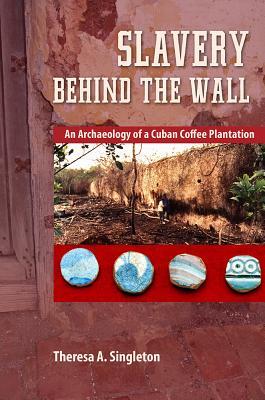Expedite your nonfiction book discovery process with Readara interviews, summaries and recommendations, Broaden your knowledge and gain insights from leading experts and scholars
In-depth, hour-long interviews with notable nonfiction authors, Gain new perspectives and ideas from the writer’s expertise and research, Valuable resource for readers and researchers
Optimize your book discovery process, Four-to eight-page summaries prepared by subject matter experts, Quickly review the book’s central messages and range of content
Books are handpicked covering a wide range of important categories and topics, Selected authors are subject experts, field professionals, or distinguished academics
Our editorial team includes books offering insights, unique views and researched-narratives in categories, Trade shows and book fairs, Book signings and in person author talks,Webinars and online events
Connect with editors and designers,Discover PR & marketing services providers, Source printers and related service providers

Slavery Behind the Wall: An Archaeology of a Cuban Coffee Plantation
Social Science > Archaeology
- University Press of Florida
- Paperback
- 9780813054117
- 9.02 X 5.98 X 0.65 inches
- 0.94 pounds
- Social Science > Archaeology
- (Single Author) Asian American
- English
Readara.com
Book Description
Cuba had the largest slave society of the Spanish colonial empire. At Santa Ana de Biajacas the plantation owner sequestered slaves behind a massive masonry wall. In the first archaeological investigation of a Cuban plantation by an English speaker, Theresa Singleton explores how elite Cuban planters used the built environment to impose a hierarchical social order upon slave laborers. Behind the wall, slaves reclaimed the space as their own, forming communities, building their own houses, celebrating, gambling, and even harboring slave runaways. What emerged there is not just an identity distinct from other North American and Caribbean plantations, but a unique slave culture that thrived despite a spartan lifestyle.
Singleton's study provides insight into the larger historical context of the African diaspora, global patterns of enslavement, and the development of Cuba as an integral member of the larger Atlantic World.
Author Bio
My areas of interest include historical archaeology, African Diasporas, Museums, North America, and the Caribbean.
Throughout my career as an archaeologist, I have combined my research interests with developing museum collections, exhibitions, lectures, workshops, and publications geared toward general audiences.
I am particularly interested in comparative studies of slave societies in the Americas. I began my study of slavery in coastal Georgia where African-Americans descended from the former slave population are known as the Gullah-Geechee. (Gullah refers to both the creole language they speak as well as to the people themselves).
Since that time, I have conducted research, contributed to exhibitions, and published on various aspects of African-American life in United States. More recently, I have undertaken archeological research on slavery in Cuba, and in 2015, published a book on my study of a Coffee plantation. I am also working on another book publication focusing on comparing plantation life in the Caribbean and the United States.
Source: Syracuse University
Videos




Community reviews
No Community reviews

